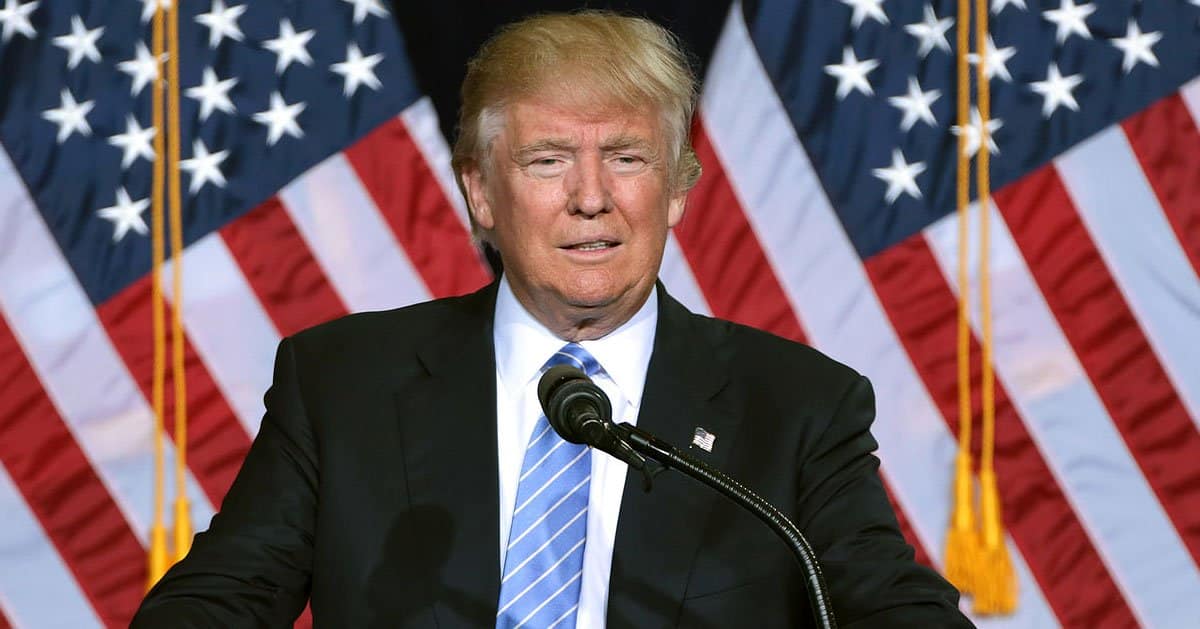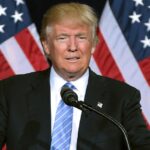







President Donald Trump is shaking up the academic world with a bold plan to redirect $3 billion from Harvard University to America’s trade schools.
Breitbart reported that on Monday, he announced this provocative idea on Truth Social, targeting funds originally earmarked for Harvard’s scientific and engineering research.
Trump’s proposal comes amid a broader campaign to hold Harvard accountable for alleged missteps. The administration’s recent actions include blocking Harvard from enrolling foreign students and challenging its tax-exempt status and federal funding. This redirection of funds is the latest salvo in a growing feud with the world’s richest university.
The plan, if executed, would shift resources to trade schools nationwide, a sector Trump calls “badly needed” for America’s future.
“What a great investment that would be for the USA,” Trump declared on Truth Social, pitching the move as a win for practical education. But is this a genuine push for vocational training or a political jab at an institution he views as out of touch?
Just days before the grant redirection announcement, Trump aimed for Harvard’s transparency. On Sunday, he publicly questioned the university’s operations, demanding it disclose personal details of its nearly 6,800 foreign students. This isn’t just about money—it’s about control and accountability.
Harvard’s foreign student body, mostly graduate students from over 100 countries, is now under a microscope.
The administration’s decision to block their enrollment last week sent shockwaves through academia. Turns out, actions have consequences, and Harvard’s global reputation might take a hit.
Trump’s criticism of Harvard isn’t new, but it’s gaining steam. He’s framed the university as a symbol of elitism, accusing it of failing to protect Jewish students from alleged antisemitism. That charge, still unresolved, adds fuel to his case for redirecting funds.
The $3 billion in question was meant for Harvard’s cutting-edge research in science and engineering. Trump’s plan would instead funnel it to trade schools, which he argues better serve America’s working-class needs. It’s a classic pivot: ivory tower versus heartland grit.
“I am considering taking Three Billion Dollars of Grant Money away from a very antisemitic Harvard,” Trump stated on Truth Social.
His choice of words is deliberate, tying the financial shift to broader cultural grievances. Yet, the accusation of antisemitism at Harvard remains a contentious, unproven claim.
Trade schools, often overlooked in favor of prestigious universities, could see a windfall from this move. Trump’s supporters see it as a long-overdue correction, prioritizing practical skills over academic theory. Critics, however, argue it’s a populist stunt that undermines scientific progress.
The Trump administration’s challenge to Harvard’s tax-exempt status is another layer of this saga. By targeting the university’s federal funding stream, Trump is hitting Harvard where it hurts most: its wallet. The world’s richest university might soon face a leaner budget.
Harvard’s endowment, the largest of any university, makes it a juicy target for critics of academic excess. Trump’s moves suggest he’s not just after reform but a reckoning for institutions he views as misaligned with American values. It’s a gamble that’s resonating with his base.
The timing of these actions—foreign student bans, tax status challenges, and now grant redirection—shows a calculated strategy. Trump is painting Harvard as a symbol of everything wrong with the progressive elite. Whether this resonates beyond his supporters remains to be seen.
Harvard’s alleged failure to protect Jewish students from antisemitism is a key driver of Trump’s rhetoric. The unresolved allegations give him ammunition to argue that Harvard’s priorities are skewed. It’s a narrative that plays well with those skeptical of academic institutions.
“What a great investment that would be for the USA, and so badly needed!!!” Trump exclaimed, doubling down on his vision for trade schools. The enthusiasm is clear, but the logistics of redirecting such a massive sum are murky at best. Critics warn this could disrupt research critical to national interests.



